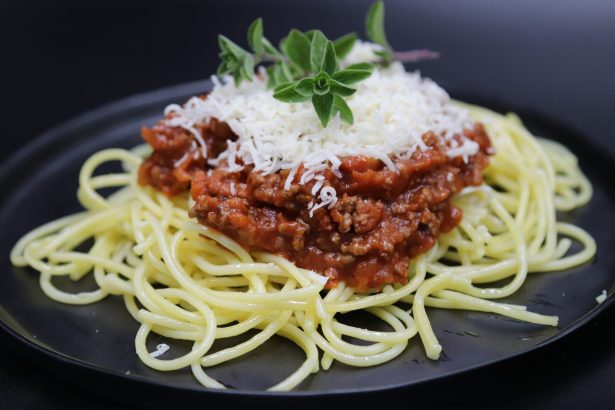What do the terms glycolysis and glycogen storage, which are often used in endurance sports, actually mean?
Glycolysis is a biochemical process that takes place in cells and converts sugar (glucose) into energy. It is the first step in the breakdown of carbohydrates for energy. Glycolysis is an anaerobic process, which means it can occur without oxygen.
Glycogen stores are special storage forms of glucose in the liver and muscles. Glucose molecules are linked together to form glycogen molecules and stored in these stores. Glycogen stores serve as a source of energy for the body, especially during prolonged physical activity or periods of nutrient deficiency. When the body needs additional energy, the stored glycogen is converted back into glucose and used for energy.
For endurance athletes, both glycolysis and glycogen stores are important. During intense physical activity, such as endurance training or competitions, glycolysis is an important energy supplier. It enables rapid conversion of glucose into ATP to sustain muscle contraction. Efficient glycolysis is critical to ensure adequate energy supply during exercise.
Glycogen stores are also of great importance as they are a major source of glucose during prolonged exercise. When glycogen stores are depleted, performance may decline as the body must rely on alternative sources of energy. Therefore, it is important for endurance athletes to maintain their glycogen stores by consuming adequate carbohydrate before and during training or competition.
A targeted nutrition strategy that maximizes glycogen stores and optimizes glycolysis can improve endurance athletes’ performance and delay fatigue. It is advisable to eat a carbohydrate-rich meal before long endurance exercise to replenish glycogen stores. During training or competition, carbohydrate-containing drinks or snacks can be taken to ensure a continuous supply of energy.


